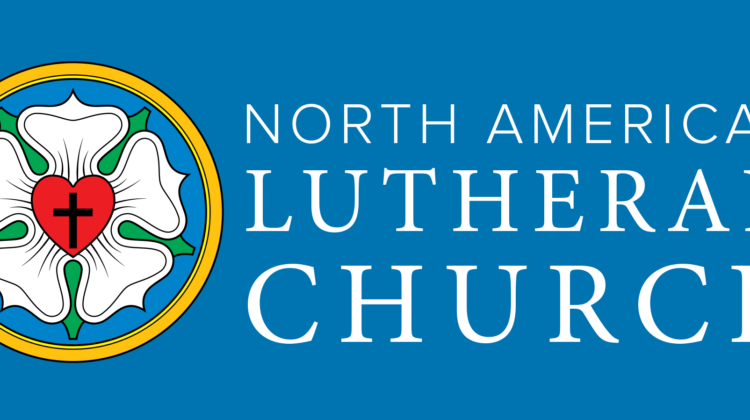
The North American Lutheran Church, or NALC, was organized in 2010 by sixteen congregations that had been members of the Evangelical Lutheran Church in America (ELCA). For quite some time, they had been unhappy with the ELCA’s continual drift away from Biblical theology and morality, but the final catalyst for their departure was the ELCA’s formal approval in 2009 of pastors living openly in same-sex relationships and of pastors officiating at same-sex weddings or union ceremonies. The NALC grew rapidly. After six years, the number of affiliated congregations had grown to more than 400. The NALC describes itself in this way:
The NALC embodies the theological center of Lutheranism in North America and stands firmly within the global Lutheran mainstream. We are a church family committed to the authority of the Bible as the inspired Word of God. In keeping with the Lutheran Confessions, we believe all doctrines should and must be judged by the teaching of Scripture. The NALC has embraced four core values which shape our common life: Christ Centered, Mission Driven, Traditionally Grounded, and Congregationally Focused. We are a church centered on the unique Gospel of Jesus Christ, animated by missions and evangelism, grounded in the 2,000-year tradition of Christian faith, and organized chiefly to serve our congregations.
What being in the “theological center” means to the NALC includes allowing women to be pastors and to serve in all other offices and roles within the church. A 2020 document states that by the time the NALC was organized,
the ordination of women had become a normal and accepted practice in the church. Therefore, the NALC Constitution contains a rather succinct but declarative reference: “Ordination and reception of ordained ministers shall be a function of the NALC. The NALC shall ordain both men and women to the office of Word and Sacrament.”
Being in the “theological center” also includes the promotion of an essentially open communion practice at NALC altars. The following statement has been recommended for congregations: “All are welcome to receive the Lord’s Body and Blood who are baptized and believe that Jesus Christ, crucified and risen, is truly present in, with and under the forms of bread and wine for the forgiveness of sins, life and salvation.”
The ELS would agree with the positions that the NALC has taken on several ethical issues. The NALC defines marriage, as God instituted it, as the lifelong union of a man and a woman. The NALC is pro-life, recognizing the full humanity and right to life of unborn children. The NALC opposes physician-assisted suicide and rejects the validity of embracing a gender identity that contradicts one’s biological sex.
The NALC has good relations with several Lutheran church bodies in the third world that disagree with the extreme theological and moral liberalism of the mainstream churches of Europe and North America. It has a cordial relationship with the Anglican Church in North America (ACNA), which separated from the Episcopal Church for reasons similar to the reasons for the NALC’s break with the ELCA. A seminary closely aligned with the ACNA, Trinity School for Ministry, is the primary institution utilized by the NALC for the education of its pastors. (Other seminaries, with a variety of denominational backgrounds, are also endorsed.)
The NALC participates in theological dialogues with the Lutheran Church – Missouri Synod and the Lutheran Church – Canada (an LCMS sister church). “God’s Word Forever Shall Abide,” described as “a guiding statement on the character and proper use of the Sacred Scriptures,” was jointly issued by those three bodies in 2016. There is much in this statement with which the ELS would agree. It affirms, for example, that a “qualitative difference between the Scriptures and other literature is that the Scriptures – like the God who gives them – are reliable and completely trustworthy, or as the Christian church has often asserted, they are inerrant.” Yet in view of the NALC’s embracing of women pastors and open communion, one suspects that this statement may in some respects be an agreement in words without necessarily being an agreement in things. Indeed, it goes on to say that “Not all Christians who confess the inerrancy of the Bible view this inerrancy in the same way…”
Rev. David Jay Webber